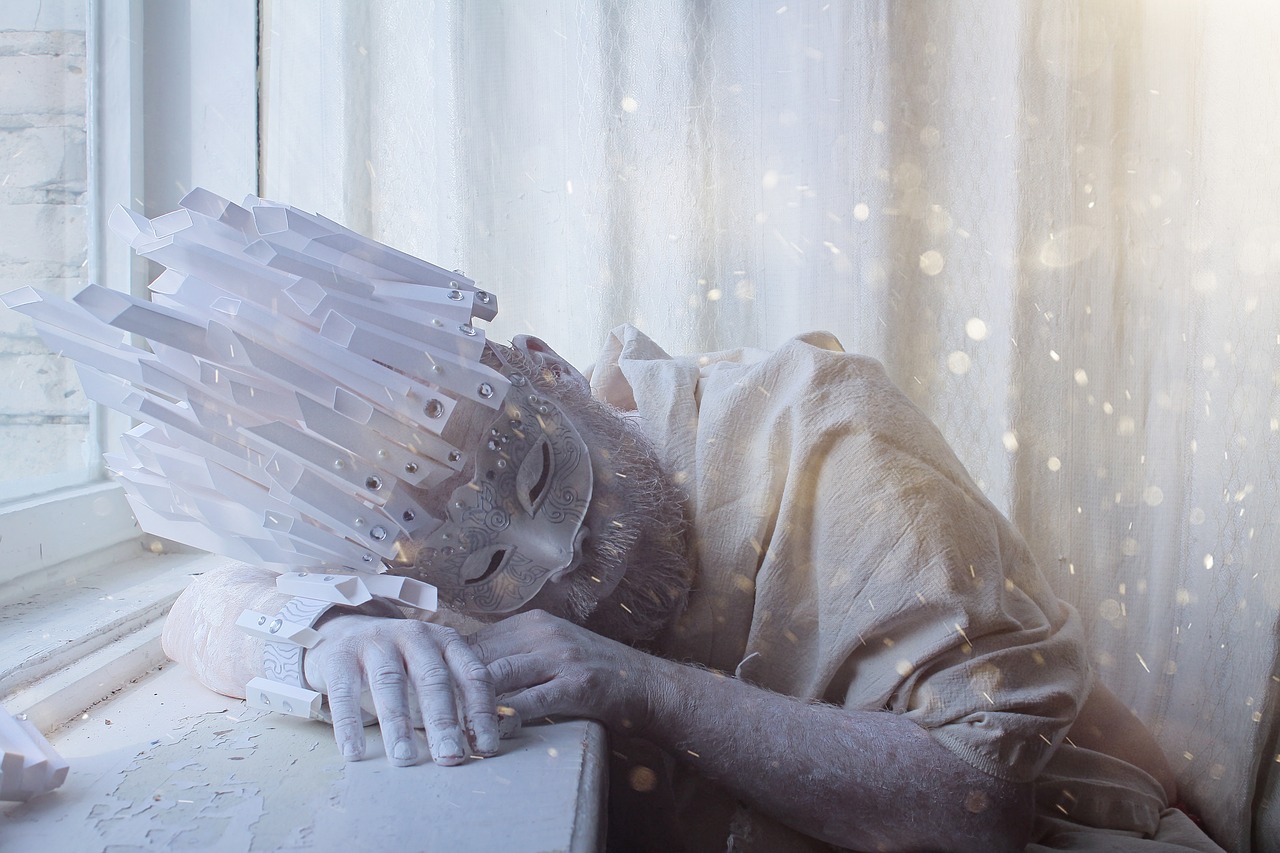March 2, 2018
Continuity of Experience in Dreams
Dreams and Waking Life
Here’s a question for you: Which are the major differences between your dream consciousness and your waking life consciousness? Pondering on this, you would perhaps come up with some of the following answers: a) you can’t (really) control your dreams; b) limitations don’t exist in dreams; c) dreams aren’t real. This latter possible answer I consider controversial, but let’s leave that aside for another day. Let’s instead focus on another major difference between dreams and waking life: the continuity of experience.

You see, when you wake up in the morning, you still remember what you did the day before. You remember your plans for the present day. And if you left a book in the middle before going to bed, you can pick up from it remembering the plot that far.
The same almost never applies for dreams. With extremely rare exceptions, when you dream you don’t just continue doing what you were doing in a previous dream. There is no continuity of experience in dreams, unlike waking life.
The Continuity of Experience and the Myth of Superman
Umberto Eco, in his essay “The Myth of Superman”, makes a pertinent observation: In the time span of one story, the mythical superhero accomplishes a given task and, at the end of the story, there is a clear closure; a new comic book brings with it an entirely new story, totally disconnected from the past events.
There are no Ethics without Continuity of Experience
The crucial conclusion is that if the new story presented a sort of narrative evolution from the previous one, it would essentially mean that Superman “would have taken a step toward death” (Eco 1984, 114). However, the inevitable result is a situation in which the story presents a reality consisting solely of an “ever-continuing present”, and this absence of past or future as reference points fails to communicate a sense of moral stability and continuity.
Discontinuity is Perceived only Outside the System
In addition, Eco argues that the adventures of Superman are made credible only if the reader acknowledges the destabilized temporality of the stories (1984, 116). In other words, the lack of cause-and-effect on a larger scale, and the “ever-continuing present” cease to appear as such upon entering into the system, that is, the world of the text in question.
(Eco, Umberto. The Role of the Reader: Explorations in the Semiotics of Texts. Bloomington: Indiana University Press, 1984. p116)
What Does Discontinuity of Experience Mean in Terms of Dreaming?
Applying the lessons from Eco’s argument on Superman, we can begin to understand the dynamics involved in dreaming. It’s a second world and a second life, but one radically different than the “real” one. And, just perhaps, it’s the very lack of continuity of experience that renders dreaming so radically different.
Dreams are outside our control, perhaps precisely because we cannot recall a prior state, a past. In dreams, we live in the eternal now.
As a result, there are also no ethics in dreams – at least not to the extent there are in waking life. Although we might feel bad about doing something we’re not supposed to, this is more of waking-life residual, rather than dream-induced morality. There is no morality in dreams, because there is no past (or future).
I don't show you ads, newsletter pop-ups, or buttons for disgusting social media; everything is offered for free. Wanna help support a human internet?
(If you'd like to see what exactly you're supporting, read my creative manifesto).
